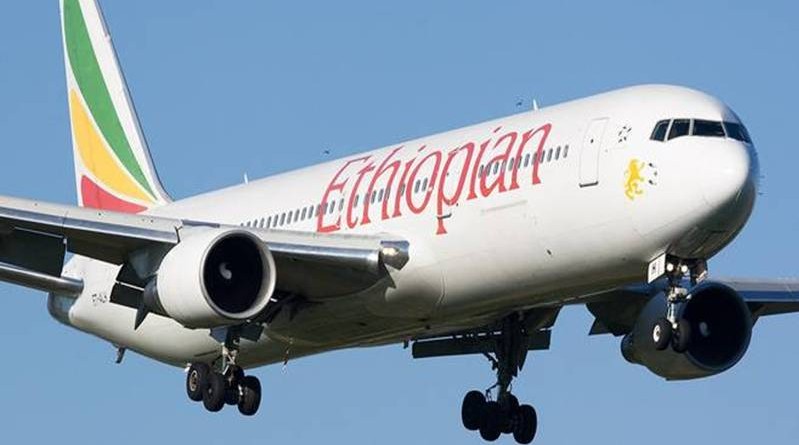Central banks of Nigeria and Ethiopia swap $100m blocked airline funds
Ethiopian Airlines (ET) will be able to reclaim up to $100 million airline funds that has been trapped in Nigeria according to a swap agreement between the central banks of Ethiopia and Nigeria.
Due to acute foreign currency shortages, both nations have restricted a sizeable portion of airline funding and allocated only a little amount of USD to their aviation businesses. The central banks have agreed to swap the money held by Ethiopian Airlines in Nigeria for the money held by Dangote Cement in Ethiopia.
airline funds trapped in Nigeria
The largest foreign airline in Nigeria, Ethiopian Airlines has made a substantial contribution to the growth of the nation’s aviation industry. The majority of ET’s revenue—$180 million—is held by Nigerian banks. Through the swap deal, Ethiopia can gain access to restricted monies in Nigeria, including money owed to the flag carrier.
The Reporter claims that Ethiopian Airlines converted the monies held by Dangote Cement in Ethiopia to local currency (ET Birr) in order to receive around $100 million of its blocked funds. There are no plans at the moment to get the full $80 million, though. Ato Mesfin Tasew, CEO of ET, said:
The comparable swapped amount will be paid to us by the National Bank in Birr.
The International Air Transport Association (IATA) revealed information last month that Nigeria had around $812 million in airline funds stashed away. With nearly 35% of all airline funds blocked worldwide, the West African country continues to be at the top of the list. Additionally, it has more hidden money than the next five nations combined: Bangladesh, Algeria, Pakistan, and Lebanon.
In Nigeria, the blocked airline funds problem first surfaced in 2020, a year in which the demand for foreign currency vastly outpaced the supply. With trapped cash rising by $347 million between July 2022 and July 2023, the problem grew after the epidemic. The operations of Ethiopian, Emirates, and several other airlines have been impacted, endangering the growth of aviation in the area.
Exchange with Dangote
The same rules apply to money that is stuck in Ethiopia. Dangote was given the proposal for the currency exchange by the central bank of Nigeria, which enables it to exchange extra ET Birr for US Dollars. Through the Nigerian cement company, the West African nation will have access to monies that Ethiopia has frozen.
The largest cement producer in Sub-Saharan Africa, Dangote Cement, produces more than 48.6 million tonnes of cement a year across ten nations. The company operates Ethiopia’s biggest cement plant, generating up to 2.5 million metric tonnes of cement annually. Despite the existence of a swap agreement, reports claim that Dangote still has more than $200 million stuck in Ethiopia.
Ethiopian airline money are being blocked
A sizeable sum of airline funds have also been banned for Ethiopia. Similar currency shortages and a notably low allotment of USD to the aviation industry have resulted in $95 million in airline funds being held hostage in the nation.
Ethiopia has turned the airport in Addis Ababa into a major international hub. However, blocked money put the hub’s future growth and the socioeconomic advantages it offers the area in jeopardy. IATA has urged Ethiopia’s government and central bank to follow international regulations and find a solution to this issue.
Nigeria still holds more than $700 million in airline funds, despite the swap deal allowing ET to recover some of the funds. Additionally, Ethiopia has a sizeable amount because a payment to Dangote has no impact on the aviation industry.




